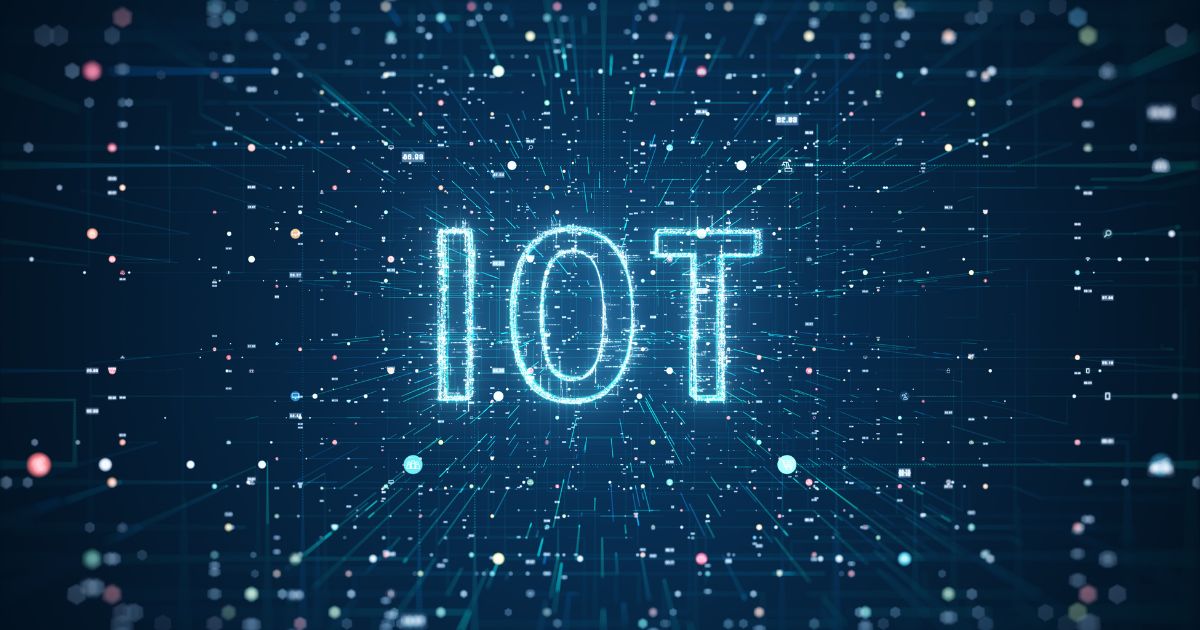The Internet of Things (IoT) Market refers to the expansive landscape of interconnected devices, systems, and networks that communicate and exchange data with each other over the internet. This interconnectedness enables the automation of processes, remote monitoring, and the gathering of vast amounts of data for analysis and decision-making. The IoT market encompasses a wide array of industries, including manufacturing, healthcare, transportation, agriculture, smart cities, and consumer electronics.
Market Overview
The IoT market has witnessed exponential growth in recent years, driven by advancements in connectivity technologies such as 5G, the decreasing costs of sensors and embedded systems, and the proliferation of internet-enabled devices. These devices range from household appliances and wearable gadgets to industrial machinery and smart infrastructure components.
Market Size and Growth
The IoT market has experienced remarkable expansion, with projections estimating its value to reach trillions of dollars in the coming years. According to research reports, the global IoT market was valued at over $200 billion in 2020, with forecasts suggesting it could surpass $1 trillion by 2026. This growth is fueled by the increasing adoption of IoT solutions across various sectors, as organizations seek to improve efficiency, productivity, and customer experiences.
Key Drivers
Several factors are driving the growth of the IoT market:
- Technological Advancements: Continued advancements in wireless connectivity, cloud computing, and edge computing have expanded the capabilities of IoT devices and systems, making them more powerful, efficient, and scalable.
- Cost Reduction: The declining costs of sensors, processors, and other hardware components have made IoT solutions more affordable and accessible to businesses and consumers alike.
- Data Analytics: The proliferation of IoT devices has led to the generation of massive amounts of data. Advanced analytics and machine learning techniques enable organizations to derive valuable insights from this data, driving informed decision-making and actionable outcomes.
- Industry 4.0: The concept of Industry 4.0, characterized by the integration of digital technologies into manufacturing and industrial processes, has accelerated the adoption of IoT solutions in sectors such as smart factories, supply chain management, and predictive maintenance.
- Smart Cities Initiatives: Governments and municipalities around the world are investing in smart city initiatives aimed at improving urban infrastructure, transportation systems, and public services through the deployment of IoT-enabled devices and sensors.
Challenges and Concerns
Despite its rapid growth, the IoT market faces several challenges and concerns, including:
- Security and Privacy: The interconnected nature of IoT devices poses security and privacy risks, as cyber threats and data breaches can compromise sensitive information and disrupt operations.
- Interoperability: The lack of standardization and interoperability among different IoT platforms and devices hinders seamless integration and scalability, limiting the potential benefits of IoT solutions.
- Data Management: Managing and processing the vast amounts of data generated by IoT devices require robust infrastructure and analytics capabilities. Organizations must address challenges related to data storage, processing, and governance to derive meaningful insights and value from IoT deployments.
- Regulatory Compliance: Compliance with regulations and standards related to data protection, cybersecurity, and interoperability is essential for ensuring the trust, security, and integrity of IoT ecosystems.
Future Outlook
The IoT market is poised for continued growth and innovation, driven by emerging technologies such as artificial intelligence, blockchain, and edge computing. As IoT adoption becomes more widespread across industries and applications, it is expected to reshape business models, disrupt traditional industries, and create new opportunities for economic growth and societal advancement.
